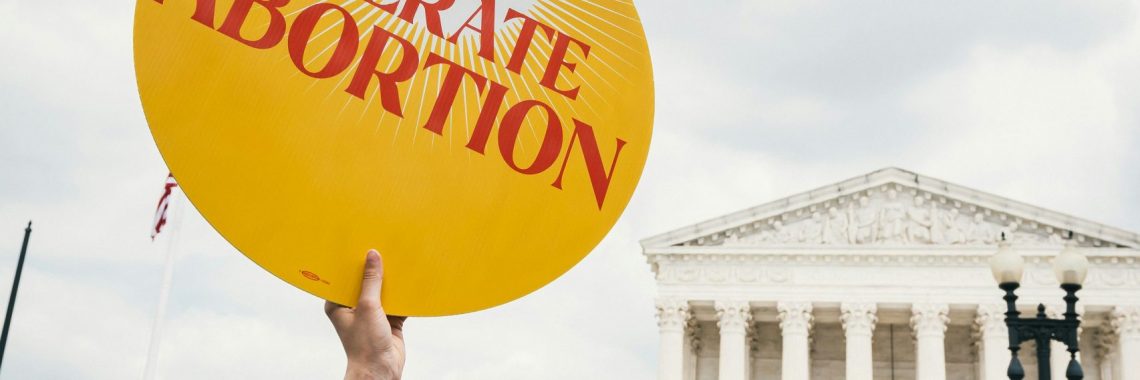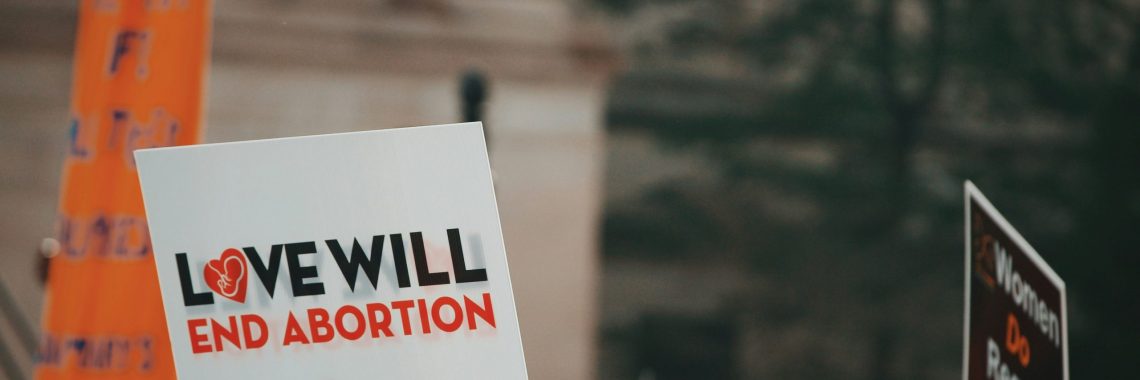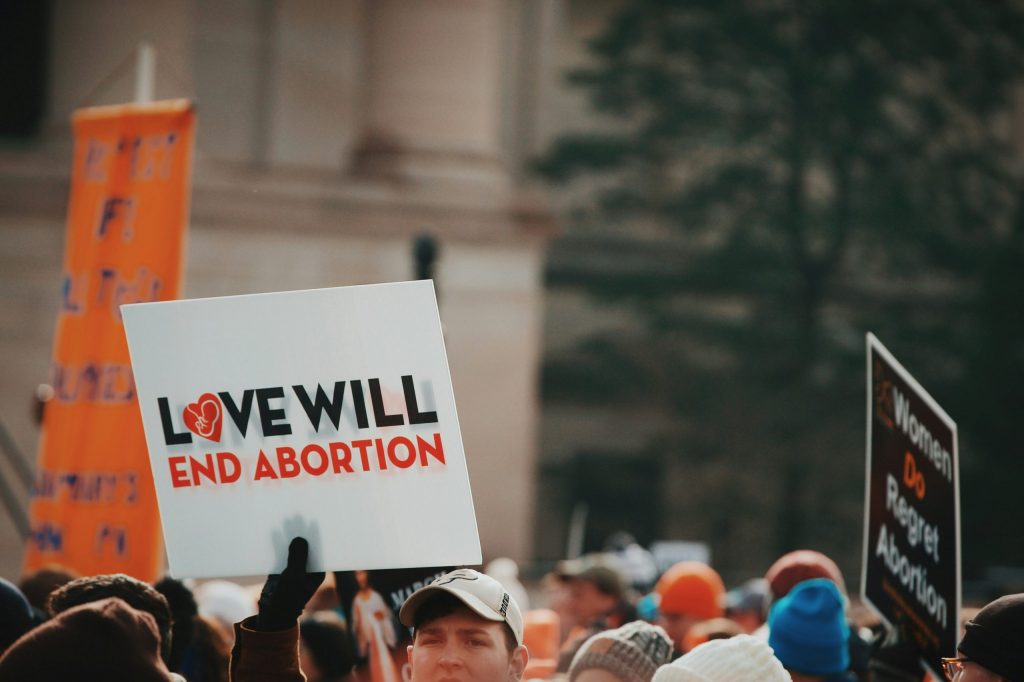In a recent article in National Review, Wesley J. Smith described a new study of over one million women in Quebec from 2006 to 2022. The study found that, “Compared with live births and stillbirths, patients with induced abortions had a greater risk of admission for psychiatric disorders, substance use disorders, and suicide attempts over time. ”
Also,
Abortion was associated with the long-term risk of hospitalization for psychiatric disorders, substance use disorders, and suicide attempts in models adjusted for age, comorbidity, preexisting mental illness, material deprivation, rural residence, and time period. Abortion was more strongly associated with eating disorders, hallucinogen use disorders, and cocaine use disorders.
This isn’t the first study to find that abortion, in addition to killing an innocent preborn child, is harmful for women. Back in April, the pro-life group LiveAction reported on another study which indicated that 11% of women who undergo chemical abortion suffer “serious adverse events,” a number far higher than reported by the FDA:
This means one in ten women experience at least one serious complication from taking mifepristone within 45 days—22 times higher than the “less than 0.5 percent” serious adverse events rate reported by the FDA on the mifepristone label, according to this study. The study authors state that serious adverse events in multiple categories were accounted for in the reported rate.
If abortion is truly about women’s health, as advocates claim, they should immediately demand more regulations and limits on the practice. That they do not, but rather double down on demanding abortion as a “right” demonstrates that abortion sits at the center of their worldview. After all, if it were discovered that a common prescription drug, medical procedure, or food had this same likelihood of negative side effects, there would be an immediate call to act and to ban the offending substance. There would not be nationwide rallies claiming whatever it was, was a human right. Yet, in this way and many others, abortion goes unquestioned, treated as if it is the fundamental right of a free people.
In a recently posted video, Kristan Hawkins, president of Students for Life, shared an encounter with a Michigan State student who approached her and declared, “I love abortion.” When asked what she liked about abortion, the young woman replied, “I like that people don’t die through birth, and also, babies aren’t being born to people who don’t want babies.” Unwanted babies, she continued, burden the foster care system. When asked if that meant it would be good to kill kids presently in foster care to alleviate the burden on the system, the woman was shocked anyone would suggest killing children.
Like so many, she refused to connect obvious dots and instead regurgitated talking points. Her response illustrates how challenging it has become to change hearts and minds about abortion, even when the facts are so clearly on the pro-life side. In fact, even as the facts of the matter become more obviously pro-life, commitment to abortion has grown. According to the General Social Survey, agreement with the statement “women should be able to get an abortion for any reason if she wants one” increased from 42% in 2012 to 57% in 2022.
This is how deeply held beliefs work, especially those held at a foundational worldview level. When absolute autonomy, especially sexual autonomy, is the fundamental source of human value, abortion must become an absolute. Christians who want to move the needle on abortion must understand how worldview works. It’s the only way to make sense of those who refuse the facts about abortion and those who don’t like abortion but refuse to vote to restrict it. The most dominant idea over American culture right now is that nothing should prevent people from living as they please, not even the consequences of reality.
Unless we engage, counter, and unseat this first principle of this culture’s dominant worldview, it will not matter how many studies we present or how clever our rhetoric. Yes, we should pass as many laws as possible restricting this horror, but we must also pray for God to intervene, love and serve those who are most vulnerable, and seek to persuade as many as we can.
Copyright 2025 by the Colson Center for Christian Worldview. Reprinted from BreakPoint.org with permission.
READ MORE





